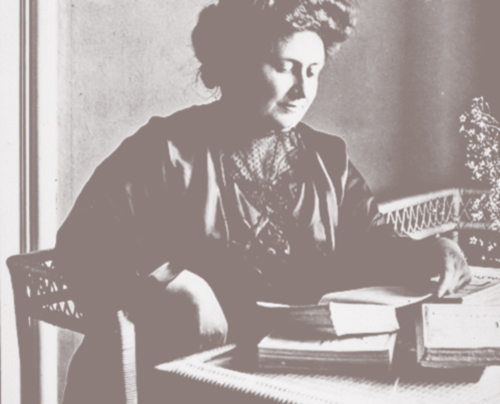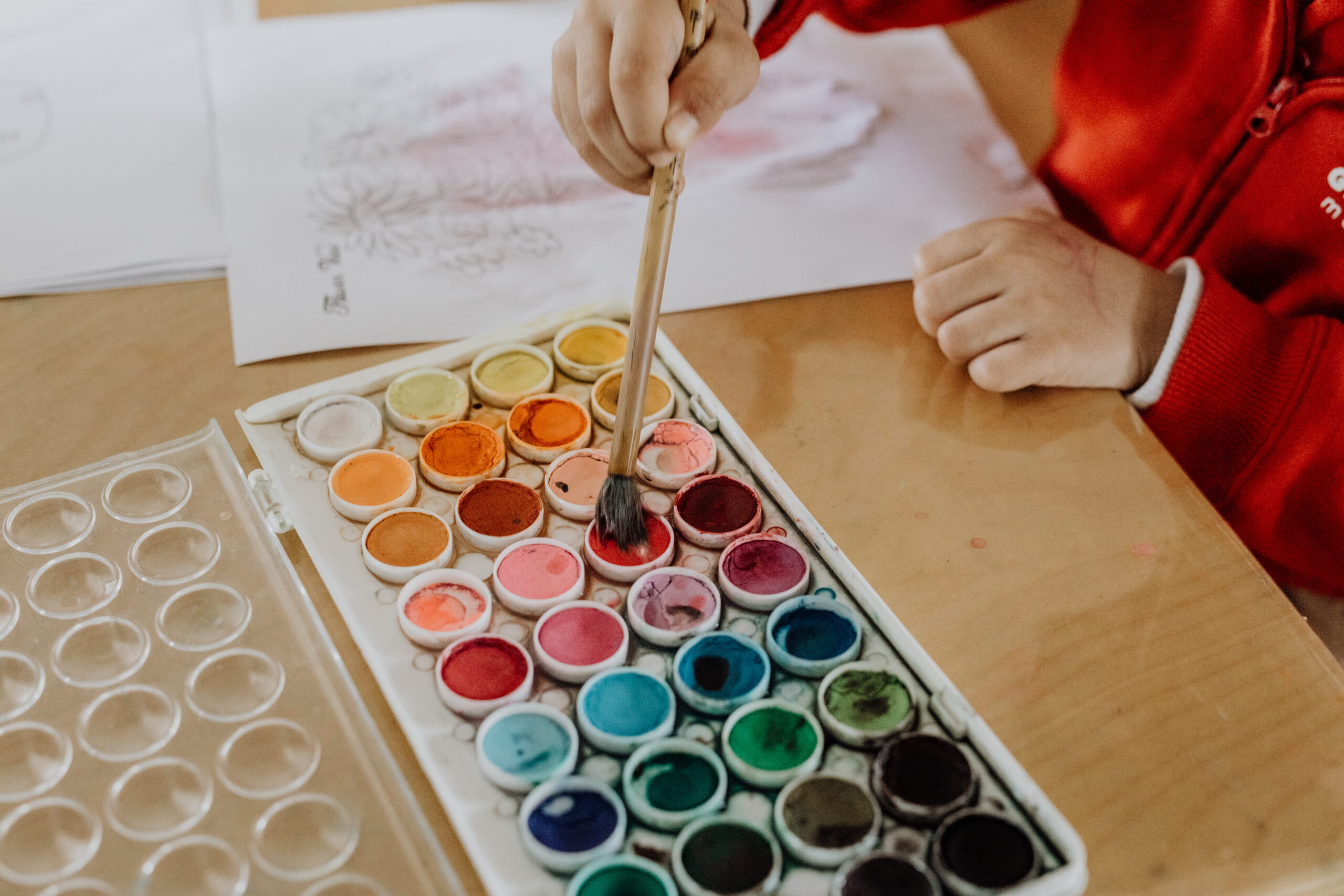
Maria Montessori
Maria Montessori was an Italian physician, educator, and innovator known for her pioneering work in child development and education. She was born on August 31, 1870, in Chiaravalle, Italy, and died on May 6, 1952, in the Netherlands.
Montessori initially pursued a career in medicine, becoming one of the first female physicians in Italy. However, her interest in children and education led her to shift her focus towards studying pedagogy. She observed that traditional education methods did not fully address the needs of children, particularly those with developmental challenges.
In 1907, Montessori established her first Casa dei Bambini, or Children’s House, in Rome. This marked the beginning of the Montessori education method. Her approach emphasized creating an environment where children could freely explore and learn at their own pace, based on their individual interests and abilities. She believed in fostering independence, self-discipline, and the development of practical life skills.
Montessori’s method emphasized the use of specially designed educational materials and activities that engaged children’s senses and promoted hands-on learning. She believed in the importance of creating an environment that supported the natural development of children and allowed them to learn through their own experiences.
Benifit of Maria Montessori Education
- Individualized Learning: Montessori classrooms encourage individualized learning experiences. Children are free to explore and engage with materials that match their interests and abilities. This personalized approach allows children to progress at their own pace, promoting a sense of confidence and mastery.
- Hands-on Learning: Montessori education emphasizes hands-on learning through the use of specially designed materials. These materials are designed to be manipulative and sensorial, allowing children to engage their senses and develop a concrete understanding of abstract concepts. This approach promotes active learning and deepens comprehension.
- Promotes Independence and Self-Discipline: Montessori classrooms are structured to foster independence in children. From an early age, children are encouraged to take responsibility for their own learning and daily activities. They learn practical life skills, such as dressing themselves, preparing snacks, and cleaning up after themselves. This promotes self-discipline, responsibility, and a sense of empowerment.
- Respect for Individual Differences: Montessori education values the uniqueness of each child. The mixed-age classrooms provide opportunities for older children to mentor and guide younger peers, promoting a sense of community and cooperation. Children learn to respect and appreciate the diverse abilities, interests, and backgrounds of others.
- Nurtures Social and Emotional Development: Montessori education recognizes the importance of social and emotional development alongside academic growth. Children learn to interact respectfully, collaborate, and resolve conflicts peacefully. The mixed-age classrooms provide opportunities for social interaction, empathy, and the development of interpersonal skills.

Her 3 Main Methods Were
Prepared Environment
This is an environment that has been carefully prepared by the Montessori Teacher. It is a most beautiful, enticing, stimulating environment. It has order, structure and flow and has a deep calming effect on the children. There are special wooden “self-educating” (didactic) materials on offer that allow for concentrated work and plenty of repetition of movements, leading to self-mastery.
Individual Liberty
Montessori Teachers have complete respect for the child and his abilities. They never do for the child what he can do for himself, preferring instead to build the child up and help him at every earliest possibility to attain independence. They act as constant protectors of his liberty and self-expression by allowing freedom of choice within the classroom at all times, so long as it is within the expected boundaries of good behaviour.

Montessori Links & Information
Link to Montessori Australia Foundation (MAF)
Link to Montessori Institute (MWEI)

